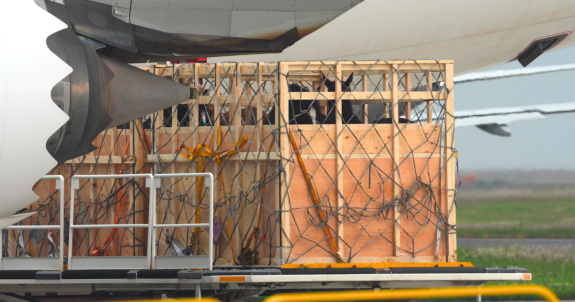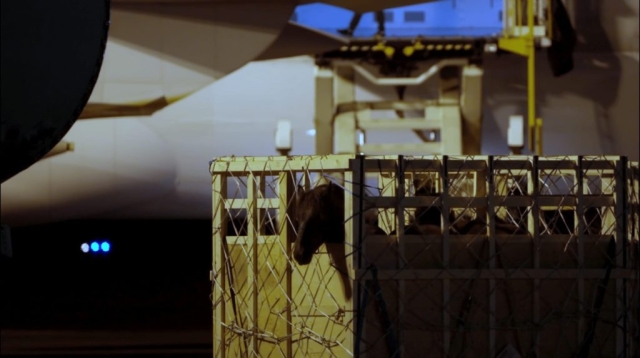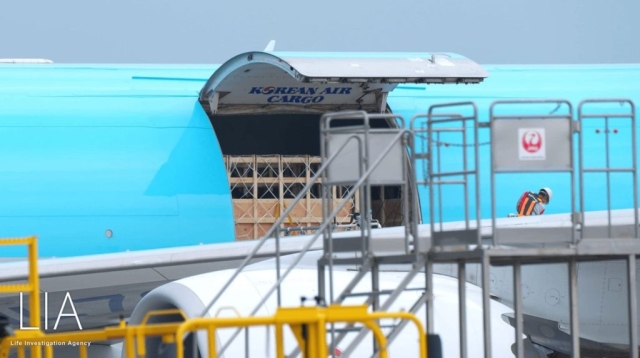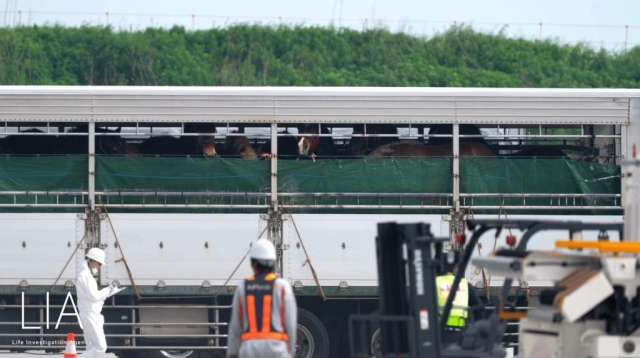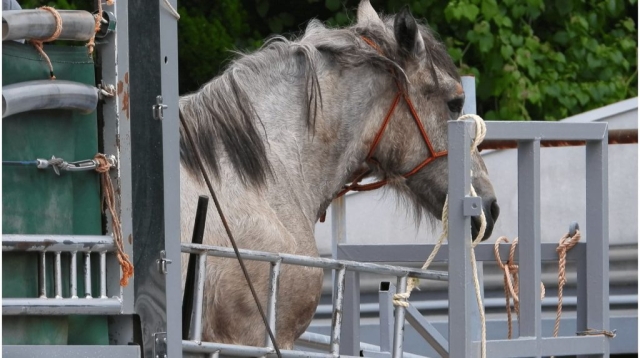Canada ships thousands of horses to Japan every year by air, where they are fattened, slaughtered and eaten raw as sashimi, a delicacy for the wealthy. These shipments are incredibly taxing and dangerous—horses are known to become injured and even die en route. This industry is cruel and unnecessary, and concerned Canadians have been fighting for years to end it.
This summer, Animal Justice teamed up with the Japanese group Life Investigation Agency (LIA) to document horses’ journey once they land in Japan. We discovered that most of these shipments unlawfully surpass Canada’s legal time limit for transport, which is already a gruelling 28 hours without any food, water, and rest.
And now, damning new documents obtained by LIA from the Government of Japan show that these exports are even deadlier than what is being reported by the Canadian government. A shocking 21 horses died between June 2023 and May 2024 alone—a stark contrast to official Canadian statistics claiming that only five horses have died during export for slaughter in the past 11 years. Many more have collapsed during the journey or suffered painful injuries and illness.
Horses Shipped in Wooden Crates, Denied Food & Water
Canadian horses who are killed for meat in Japan are kept in barren feedlots. They are loaded into trucks and brought to airports in Edmonton, Winnipeg, and Calgary, where they are crammed into tiny wooden crates and hoisted onto planes.
Horses are flight animals whose instincts are to flee when they feel threatened. The terrified horses are not trained or habituated for transport, have nowhere to hide, and are forced to endure the long and dangerous journey overseas.
The Canadian government’s records significantly downplay the risks associated with this industry by failing to document the true time these horses are in transit, as well as how many horses are injured and die because of the shipments.
Horses Die from Miscarriages, Injuries, & Dehydration
Part of the failure in reporting is due to Canadian records failing to account for deaths, injuries, and illness discovered after horses are unloaded from planes in Japan. But even injuries, falls, and deaths occurring during these flights often appear to go unreported to the CFIA. In one horrific instance, the attendant on the flight reported that there were no problems during the flight and all the horses were in good health, when in fact there was one dead horse and three fallen horses when the plane landed.
These glaring inaccuracies in Canadian records contradicts the evidence given by government officials of the live horse export for slaughter industry before a Parliamentary committee studying a bill to ban live horse exports for slaughter. CFIA officials testified that exporters are required to report all fatalities or significant injuries to the Agency, and that information is also shared by Japanese authorities after the planes land. Supporters of the horse export for slaughter industry have falsely claimed that no horses have died during transport since 2015 and that there have been no significant injuries during this time.
Recent horse export injuries, illnesses, and deaths missing from Canada’s official statistics:
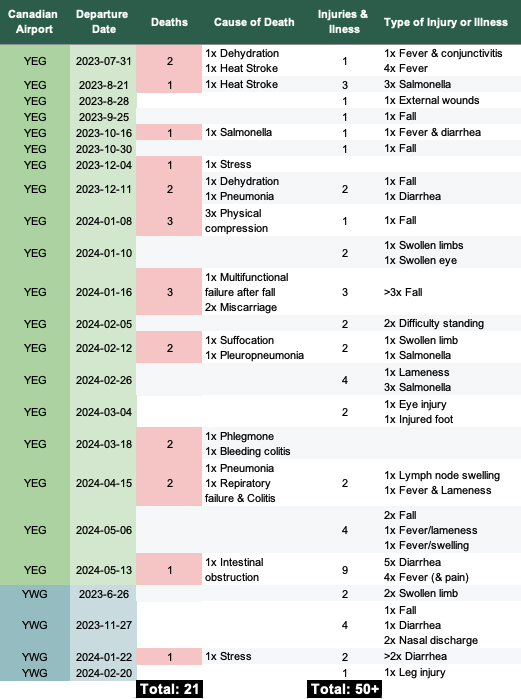
Click here to read full report.
Fight to End Live Horse Export
While the suffering horses continue to endure is incredibly heartbreaking, there is hope on the horizon that this industry may soon be shut down.
Currently, there is a Canadian federal bill in motion that aims to ban this practice forever, Bill C-355. Please contact lawmakers in the Senate and ask them to help pass a ban as soon as possible! Horses cannot wait any longer.
Banner: Life Investigation Agency

